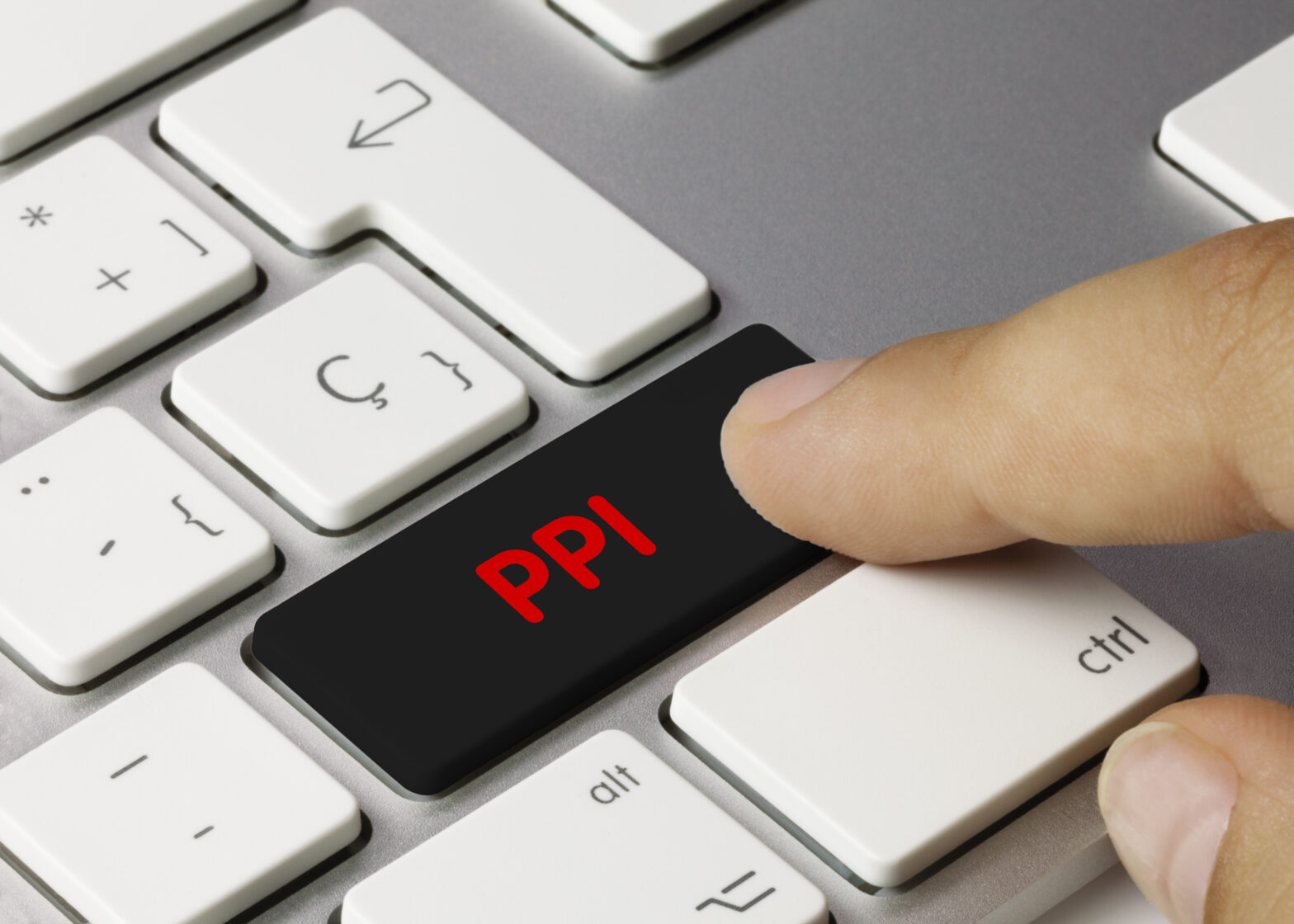Britain’s big banks are continuing to come under pressure over ongoing refunds and compensation for mis-sold payment protection insurance (PPI). It’s one of the biggest financial scandals to ever hit the UK and a years-long saga that to date has resulted in £27.1 billion being paid back to consumers.
The latest bank to increase its provisions for compensation is credit card operation Capital One (Europe), based in Nottingham and the regional division of US banking giant Capital One Financial Corporation. It has reported a total loss of £45.4 million for the year ending December 2016 as it, like other large UK banks, set aside more money to deal with PPI claims.
This compares to a pre-tax profit of nearly £100 million that Capital One enjoyed the previous year. Its management said 2016’s grim results were because of ‘one-off PPI reserve builds’ in anticipation of many more PPI claims to come.
PPI was sold alongside loans, credit cards, car financing and other financial products to ensure repayments in the event customers became ill, injured, redundant or died. But in many cases, it was sold without consumers’ knowledge, or they felt obligated to taking it (and paying for the privilege) as part of a loan agreement.
Banks bracing themselves
It’s no secret that other major banks in the UK are also feeling the heat over PPI payouts, setting aside billions more to cover future claims. Barclays, HSBC, Lloyds Banking Group and Royal Bank of Scotland collectively topped up their PPI payout pot by an extra £2 billion earlier this year, adding to a massive £30 billion already stashed away for the upcoming PPI rainy day.
How are they all sure they’re going to be paying out billions more in PPI claims, many handled by specialist claims firms using claims management software? Because the Financial Conduct Authority (FCA) watchdog is about to remind people all over the country to see if they have been mis-sold PPI and, if so, to make a claim.
That nationwide reminder is coming in the form of a multimillion-pound advertising campaign due to launch shortly. And the big message is: You only have two years left to claim. That’s because the FCA has imposed a deadline of August 2019 for making PPI claims, as it wishes to bring about an end to the entire scandal and move on.
On a ‘Losing’ Streak
The developments come as some of the banks have been accused of foot-dragging in dealing with their customers’ PPI claims for refunds and compensation. Data compiled by the Alliance of Claims Companies (ACC) shows that many of the banks are reporting an increase in ‘lost’ customer data that means they either can’t process their claims and they’re therefore rejected, or they’re badly delayed.
In one of the worst cases, motor finance firm Black Horse had a zero per cent rate of misplaced or outright lost customer PPI claims data in January this year, but by April, that figure had shot up to an astonishing 80 per cent. Barclays, HSBC, HBOS and others all experienced startling rises in lost records, but all denied it was anything but accidental and claimed they were focused on handling PPI claims in a professional manner, including via claims firms using claims management software to deal with large volumes of cases.
ACC chief executive Simon Evans said that despite the financial institutions putting aside large sums to deal with PPI claims, many simply did not want to hand over the money. ‘There is no doubt this is just the latest delaying tactic the industry has come up with to try to wriggle out of ending this rip-off for customers,’ he says.
As the countdown to an end to claims is now firmly underway, all sides are hoping that this is one financial mess that can hopefully soon be put to rest.





